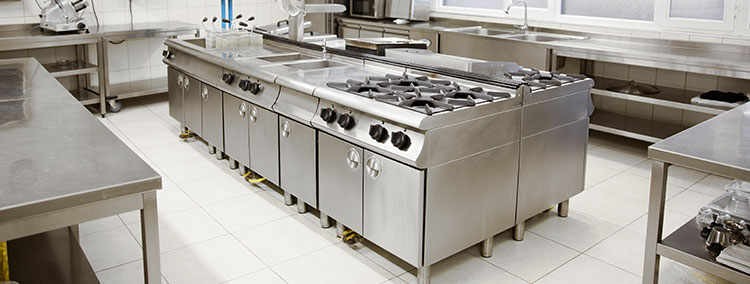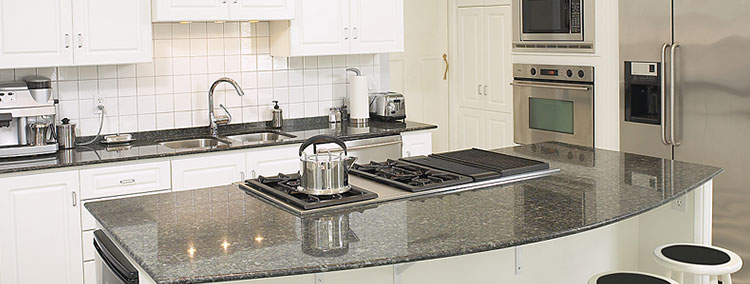The dishwasher is one of the hardest-working appliances in the kitchen. You need to do several things to get the most out of the appliance. These things, as given by dishwasher repair professionals, include:
Use aluminum foil to make your silverware shine.
This may be the easiest tip for a dishwasher: Before running the dishwasher, crumple up a ball of aluminum foil and put it in the silverware caddy.
This trick works because the baking soda-like parts of the dishwashing detergent react with the aluminum foil in a scientific way called oxidation. Together, the steps remove rust from your dishes, leaving you with sparkling kitchenware.
The method is also a brilliant way to get more use out of a piece of foil that isn’t too dirty before you throw it away.
Regularly maintain your dishwasher.
Like a car, you must regularly maintain your dishwasher to keep it in top shape. And the good thing is that you don’t need to be fancy about it.
Turn on the hot water tap at the sink before you run the dishwasher. After each use, clean the filter. While at it, wipe down the seals with a damp towel. Don’t forget to clean the spray arm, and once a week, clean the dishwasher with vinegar.
It’s also wise to hire a dishwasher expert at least once a year to inspect the appliance and fix any issues it might be having. Please note that your appliance doesn’t have to be damaged to hire a contractor—hire them even if your unit is in perfect shape.
Don’t do these things.
You can get the most out of your dishwasher by doing a few things to keep it in good shape and remembering a few things you shouldn’t do.
If you hear your unit shaking, don’t turn it on. Some homeowners ignore the minor issues that develop with their appliances, which is wrong as the small problems worsen over time.
When you experience even a small problem, such as the appliance shaking, turn off the appliance and ask an expert to look into it before you can start using it.
Other things you shouldn’t do include:
- Don’t get in the way of the sprayer.
- Refrain from pre-washing your dishes. Scrape the extra food from the dishes, but don’t pre-wash them.
- Don’t put glasses on top of the tines.
- Don’t place plastic items on the bottom rack.
Clean your dishwasher often.
Since your dishwasher’s role is to clean the dishes, it doesn’t need cleaning. Well, wrong. Like any other appliance in your kitchen, your dishwasher needs cleaning to keep it looking great and have a long life.
A telltale sign that it’s time to clean your dishwasher is if your dishes are dirty, cloudy, smells funny, or don’t drain properly.
For peace of mind, clean your dishwasher once a month, check and clean the filter after each use, and sanitize it at least once a week.
Use dishwasher soap the right way.
The soap you use on your appliance makes a huge difference in your experience with your dishwasher.
For a great experience, ensure you use the right detergent.
Newer machines work best with liquid detergent because their water doesn’t get as hot and doesn’t dissolve powder or pods as well as it does in older machines.
And don’t use too much detergent because that can cause too much sudsing, damage your unit, or make your dishes less clean.
Check your spray arms regularly.
If your dishes don’t get clean after every cycle, it could be a problem with your spray arms. Look to see if they are working and if they need to be cleaned.
Load the dishwasher properly.
Many people have different opinions on how to load their dishwashers. And this is a common bond of contention among people living in the same house.
Regardless of how you load your appliance, here’s what appliance repair Northern VA experts say: Face knives down and forks and spoons up. You should also try not to put the same items next to each other and try not to overcrowd.


